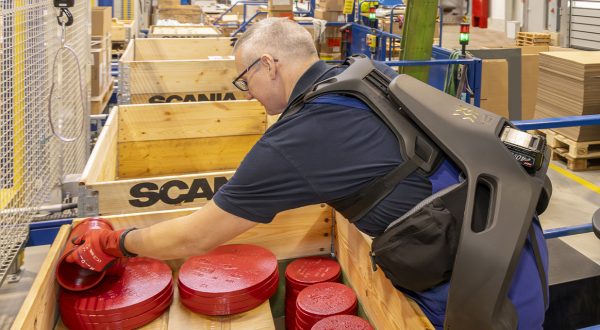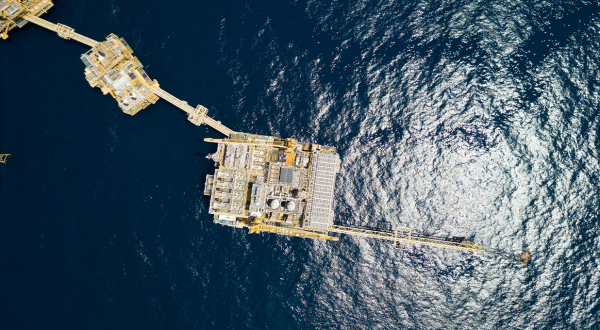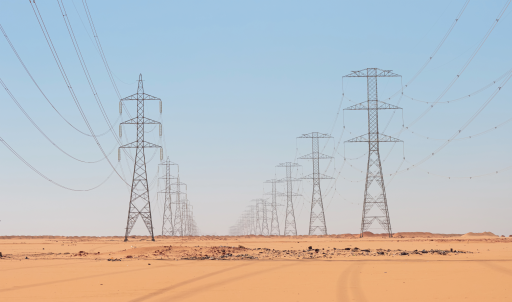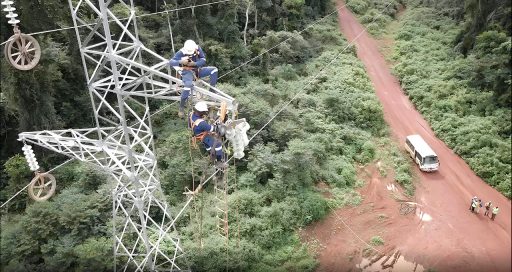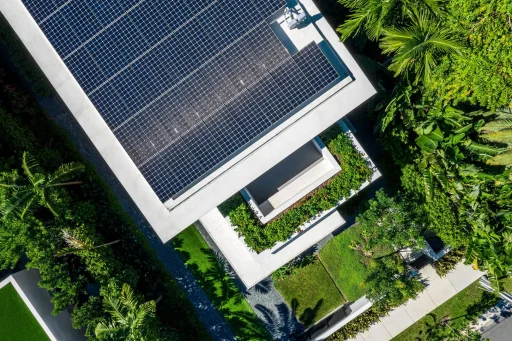The “France 2030” plan has given the nuclear sector a huge boost, accelerating innovation with the emergence of new small nuclear reactors and more training for careers in nuclear. VINCI Energies business units specialised in nuclear energy are closely supporting the sector’s major customers. Christophe Caizergues, the head of nuclear at VINCI Energies, discusses his methods and ambitions.
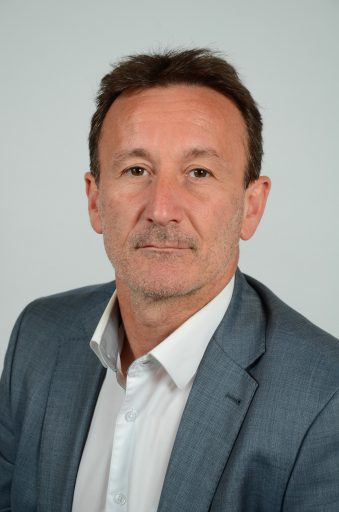
VINCI Energies business units specialised in nuclear activities are active players in a growing sector. How would you define their mission?
C.C.: VINCI Energies’ nuclear business took shape in 2012 in response to demand from customers wanting a direct contact with expertise in the extremely specialised nuclear sector.
Our area of activity covers the entire nuclear value chain: electric power production plants, factories dedicated to the fuel cycle, nuclear waste storage sites, and even research facilities. We work with customers such as EDF, Orano, Framatome, the French national radioactive waste management agency (Andra), and the French Alternative Energies and Atomic Energy Commission (CEA), drawing on VINCI Energies expertise in four main areas: electrical engineering and control systems, nuclear ventilation, mechanical engineering, and non-destructive inspection.
Recently, we created an Operations and Maintenance unit to provide EDF with enhanced expertise for its reactor unit shutdowns.
In June 2023, the French Parliament passed a law to accelerate development in the nuclear sector. What prospects do you see in relation to this?
C.C.: Thanks to the decentralised organisation of VINCI Energies and the culture of agility epitomised by its business units, its nuclear business has been growing for the past 10 years. We generate revenue of €320 million and employ 2,000 people in 27 business units across the country, close to our customers’ sites.
The prospects opening up in the field of nuclear energy are extremely favourable. Fossil energies are becoming depleted. Solar and wind power are intermittent, non-controllable energy sources, and France has limited hydroelectric capacity.
“We are looking at a massive programme that will mobilise the sector for the next 30 or even 50 years”
Under the double effect of the climate crisis and pressure on the energy market exacerbated by the war in Ukraine, nuclear has again become central to the French energy mix strategy, with the government having announced the construction of six new next-generation (EPR2) reactors by 2050 – the first of which are expected to enter service in 2035 – and commissioned studies for another eight reactors. Work is also under way to extend reactor lifespans beyond 40 years.
In short, we are looking at a massive programme that will mobilise the sector for the next 30 or even 50 years.
How are you preparing for that?
C.C.: In a short time, the entire sector has pivoted from closing down sites and reducing nuclear electricity production to launching a large-scale rollout programme. To complete all the new projects while supporting the continuing operation of the existing fleet, the sector will need to meet various conditions in terms of human resources, operational efficiency and social values. To tick all these boxes, in 2021, VINCI Energies launched its AVENIR programme to renew and transform the sector.
What does it involve?
C.C.: AVENIR directly echoes the Excell plan that EDF introduced in 2020, which most organisations have since rolled out internally. We were determined to build a genuine safety culture, providing training to our 400 managers and 2,000 other employees. We also created the position of Performance and Methods Director to oversee the implementation of this programme. Today, we continue to instil this strategy of excellence, training our teams in the methods and processes of continuous improvement.
To cover our entire value chain, we also enrol our suppliers and contractors – who contribute to half our business revenue – in this programme. Supporting our partners is absolutely essential, the more so in this sector that requires the expertise of numerous niche small businesses and where operational efficiency is directly linked to the harmonisation of standards and working methods. And this harmonisation requires significant effort in terms of digitalisation. The constraints of operational efficiency and the French Nuclear Authority’s (ASN) stringent safety requirements generate enormous quantities of records, documents, guidelines and reports. Nuclear is a sector dominated by a strong paperwork culture, and the migration to digital is a minor revolution in itself.
You mentioned human resources… How will you meet the need for skills created by the sector’s recovery and expansion?
C.C.: The nuclear sector currently employs 220,000 people. It will need another 100,000 in the next 10 years, which is 10,000 new recruits every year, across a wide range of professions (managers, engineers, technicians, assemblers, welders, boilermakers, and so on). This is a huge challenge, with all of Europe facing a pressurised jobs market and labour shortages.
For our part, we will need to recruit between 500 and 1,000 employees in each of the next five years. We currently recruit 380 people a year, so we’ll need to double that figure.
Is it not risky to invest so heavily in such a sensitive business sector, even if it is currently enjoying a certain consensus?
C.C.: France made the choice 50 years ago to invest in a nuclear fleet, which currently numbers 56 reactors of various capacities. This large-scale industrial programme allowed our country to safeguard its energy independence. Nuclear remains by far the safest, cleanest source of mass-produced energy. It very effectively complements renewable sources such as solar and wind.
VINCI Energies is certified “CSR committed” (at Confirmed level) by AFNOR; three-quarters of our nuclear-sector subsidiaries are ISO 19443 certified, and the rest will follow by mid-2025.
I’ll say it again: the pivot toward industrialisation in the nuclear sector can only happen if all those involved meet their commitments to excellence, and their social and environmental responsibilities. The challenge is huge, and the whole sector is mobilising in force to meet it.
10/17/2024
